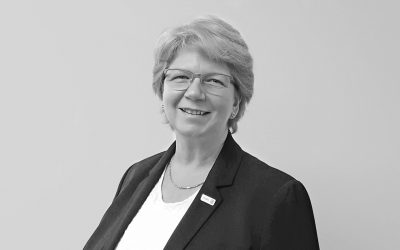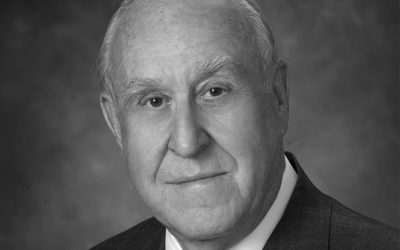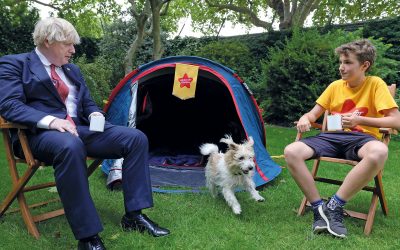Frightened, abandoned, ostracised and suffering… in silence.
These are just a few words and phrases used by an estimated one million women and girls across Africa to describe their life, or existence, living with an obstetric fistula.
This is a childbirth injury caused by prolonged obstructed labour and lack of access to maternity care.
Tragically, the baby usually dies and the mother is left incontinent, often shunned by both her family and community, while being condemned to a life of shame, isolation and despair. The injury can also be caused by violent rape.
After seeing the scale of the problem through her involvement with Mercy Ships, Dame Ann Gloag, a former nurse and co-founder of the international transport company Stagecoach, set up Freedom From Fistula in 2008 to help women and girls suffering from obstetric fistula.
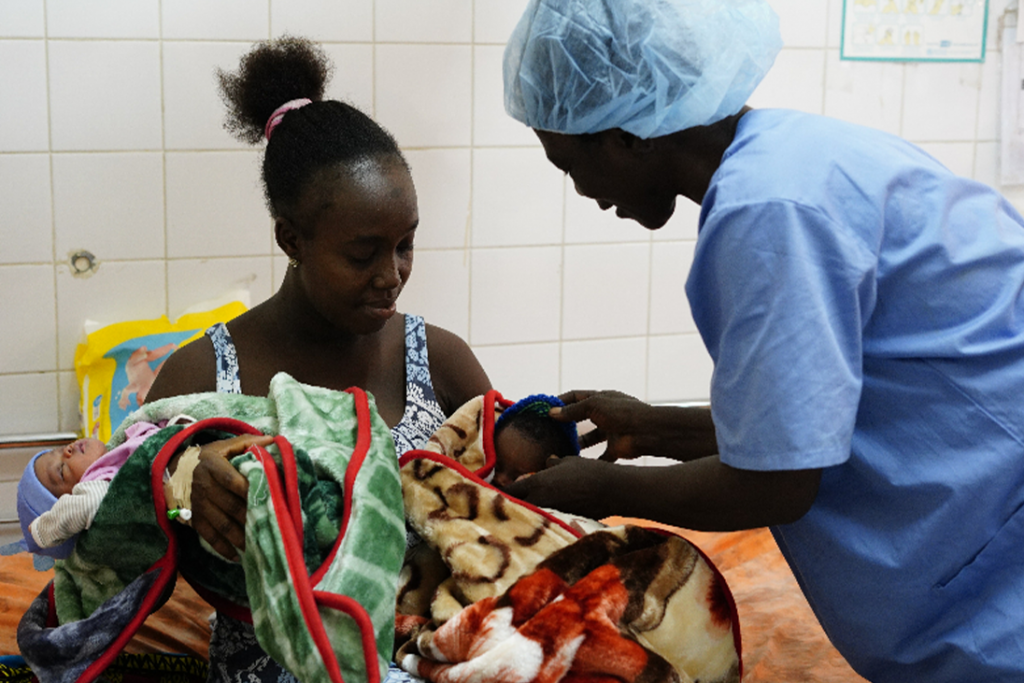

Fitsula is a childbirth injury which, tragically, commonly results in the child dying at birth.
Currently, the charity operates fistula, maternal and child health projects in Sierra Leone, Malawi and Madagascar.
Freedom From Fistula runs the only dedicated fistula care centres in these countries, recognised as centres of excellence by the respective Ministries of Health.
The women the charity treats range in age from young girls – the youngest patient was a five-year-old rape victim – through to women in their 70s and 80s, many of whom have suffered from fistula for years.
The charity provides free surgeries to as many women and girls as possible – restoring dignity and transforming lives.
However, Freedom from Fistula wants to reduce the occurrence of obstetric fistula by offering free and accessible maternal care.
It also wants to provide free fistula surgeries, family planning advice for men and women, education and vocational skills for fistula patients, and free outpatient clinics for children who are up to 15-years-old.
Despite the COVID-19 pandemic, Freedom From Fistula managed to keep operating its maternity unit and children’s outpatient clinic.”
The charity also provides training for healthcare professionals to strengthen capacity in the healthcare systems.
Since 2008, Freedom From Fistula has performed more than 8,500 fistula surgeries, delivered more than 20,000 babies, provided care to more than 160,000 women and children and trained more than 600 nurses midwives and doctors.
For many years, Rotary clubs in Scotland and across the world working in partnership with Freedom From Fistula, have offered invaluable support.
In particular, Rotary secured two Global Grants to fund the training of 60 nurse midwife technicians in Malawi and buy Landcruisers, kitted out as ambulances, which provide a lifeline for the Freedom From Fistula team to access patients in rural areas.
Rotarians are once again working in partnership with the charity to secure another Global Grant to improve fistula, maternal and child healthcare in Sierra Leone, with District 1020 (south of Scotland) once again taking the lead.
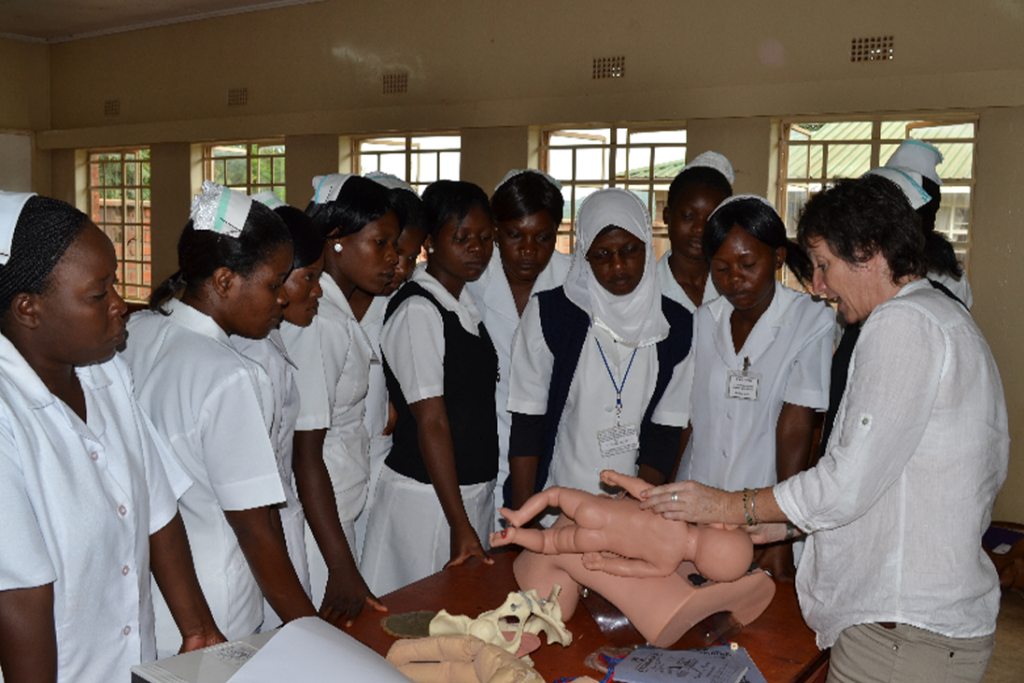

Freedom from Fistula provides training for healthcare professionals to strengthen capacity in the healthcare systems.
This project fits well with Rotary’s maternal and child health care area of focus. The generosity shown by Rotarians fund-raising through the pandemic meant that £221,672 was raised to support their work.
Freedom From Fistula’s biggest project is the Aberdeen Women’s Centre (AWC) in Freetown, Sierra Leone.
AWC is a hospital providing free maternal, fistula and child healthcare, as well as family planning and re-integration programmes. It is a self-contained facility, where more than 90% of staff are Sierra Leone nationals.
This Global Grant will support the delivery of free fistula, maternal and child healthcare services at AWC where more than 23,000 women and children are helped every year.
Despite the COVID-19 pandemic, Freedom From Fistula managed to keep operating its maternity unit and children’s outpatient clinic. Fistula services were suspended early in the pandemic, but started again in late 2020.
Case Study: Elizabeth
Elizabeth, from Malawi, married at 22 and suffered with fistula for seven years. During her second pregnancy, Elizabeth faced challenges when she went into labour.
The doctors operated and were able to save her baby, but unfortunately her uterus was badly damaged and had to be removed.
In 2014 Elizabeth’s husband moved to South Africa leaving her to care for two children.
Though her husband was still supporting her, she felt alone.
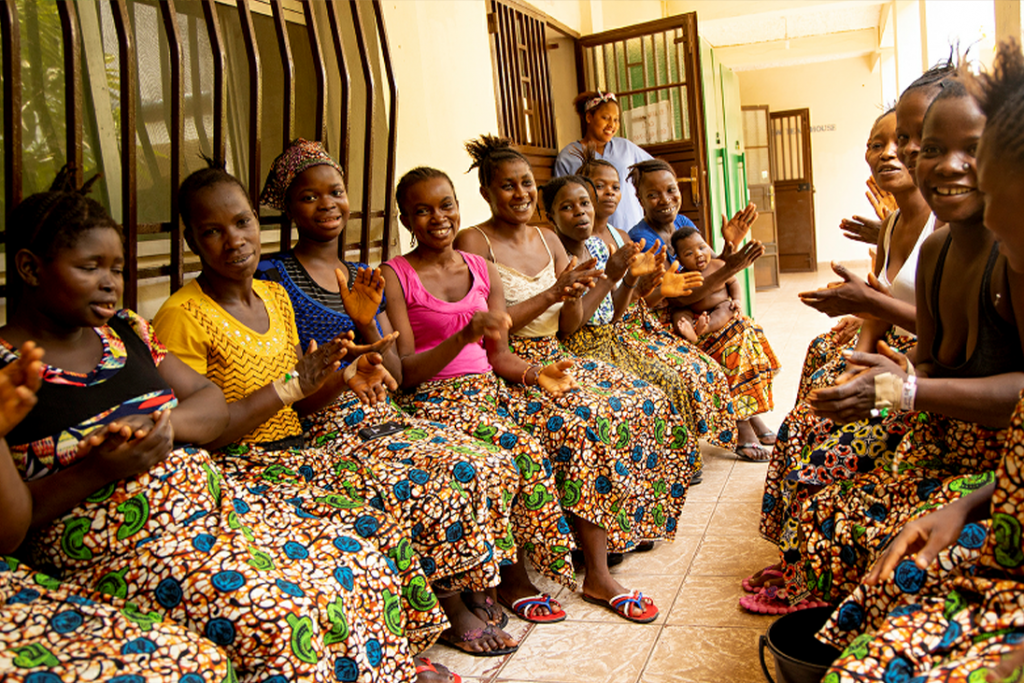

Freedom From Fistula provides free surgeries to as many women and girls as possible – restoring dignity and transforming lives.
In 2017 the district hospital referred her to our Fistula Care Centre where she was operated on and cured.
During her stay, Elizabeth was very active. She spent time interacting with other patients and sharing experiences.
She enjoyed attending patient activities such as arts and craft classes and cooking classes.
She has since used these skills to make crafts which she sells in her village and also to make nutritious meals for her children.
Elizabeth is happy to be able to attend church and interact with members of her community. These things might seem small to others, but they are significant to Elizabeth.
Since 2008, Freedom From Fistula has performed more than 8,500 fistula surgeries, delivered more than 20,000 babies, provided care to more than 160,000 women and children and trained more than 600 nurses midwives and doctors.”
In 2017 Elizabeth received a solar charging station that she uses to charge phones. Since receiving this she has made 30, 000 Malawian Kwacha (£27).
In 2019 Elizabeth was selected to be one of the former patients to be making reusable sanitary pads in her home district. She received a manual sewing machine and some start up materials.
So far Elizabeth has made 250, 000 Malawian Kwacha (£250) from making pads and clothes.
Elizabeth partnered with her brother, a tailor. They have opened a shop at the local market. Elizabeth is happy she is now able to put her children in school.
Elizabeth started talking at community gatherings and sharing her experience as a fistula patient and encouraging others to receive treatment at the centre.
If you would like to find out more about Freedom From Fistula, make sure to visit their website.









